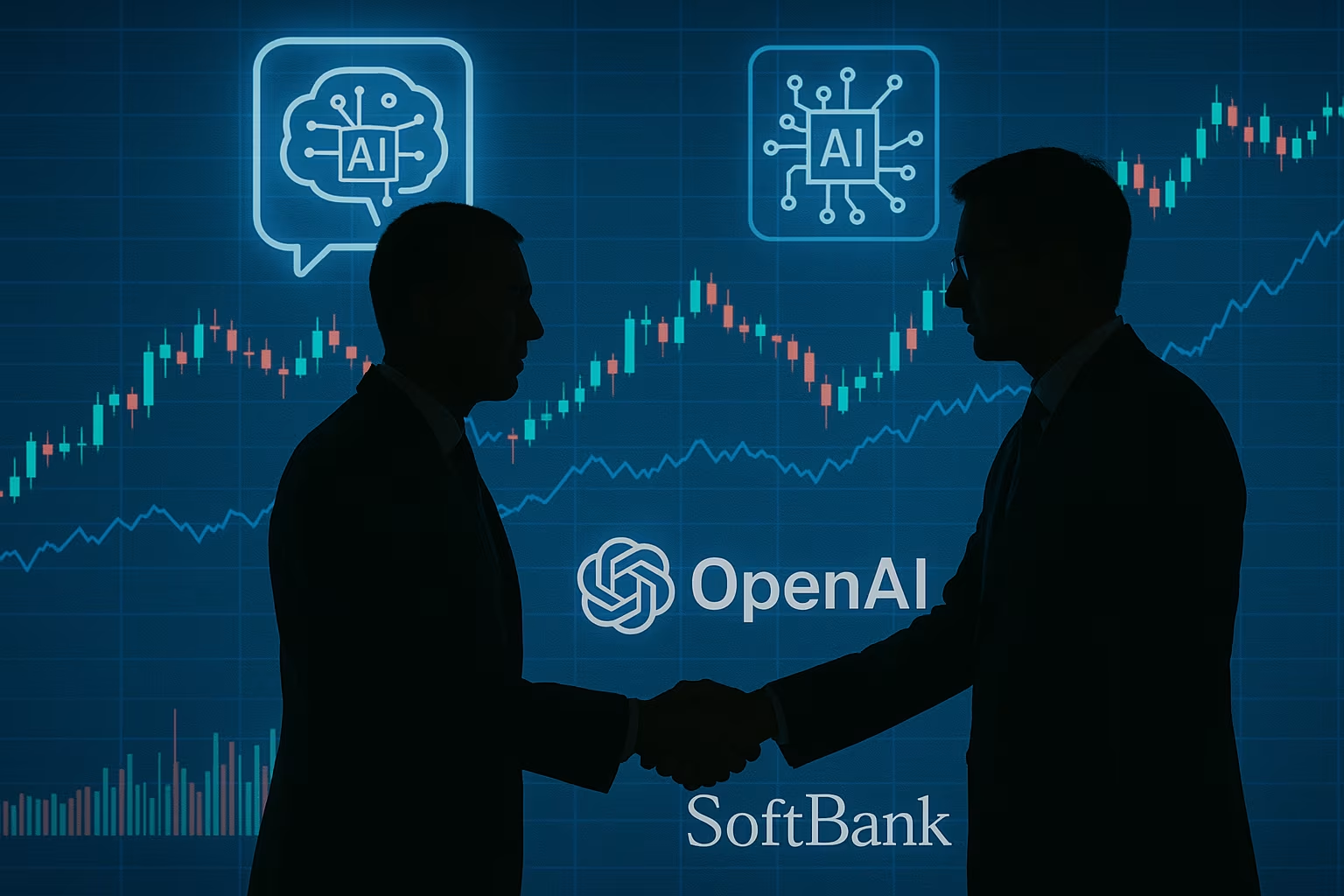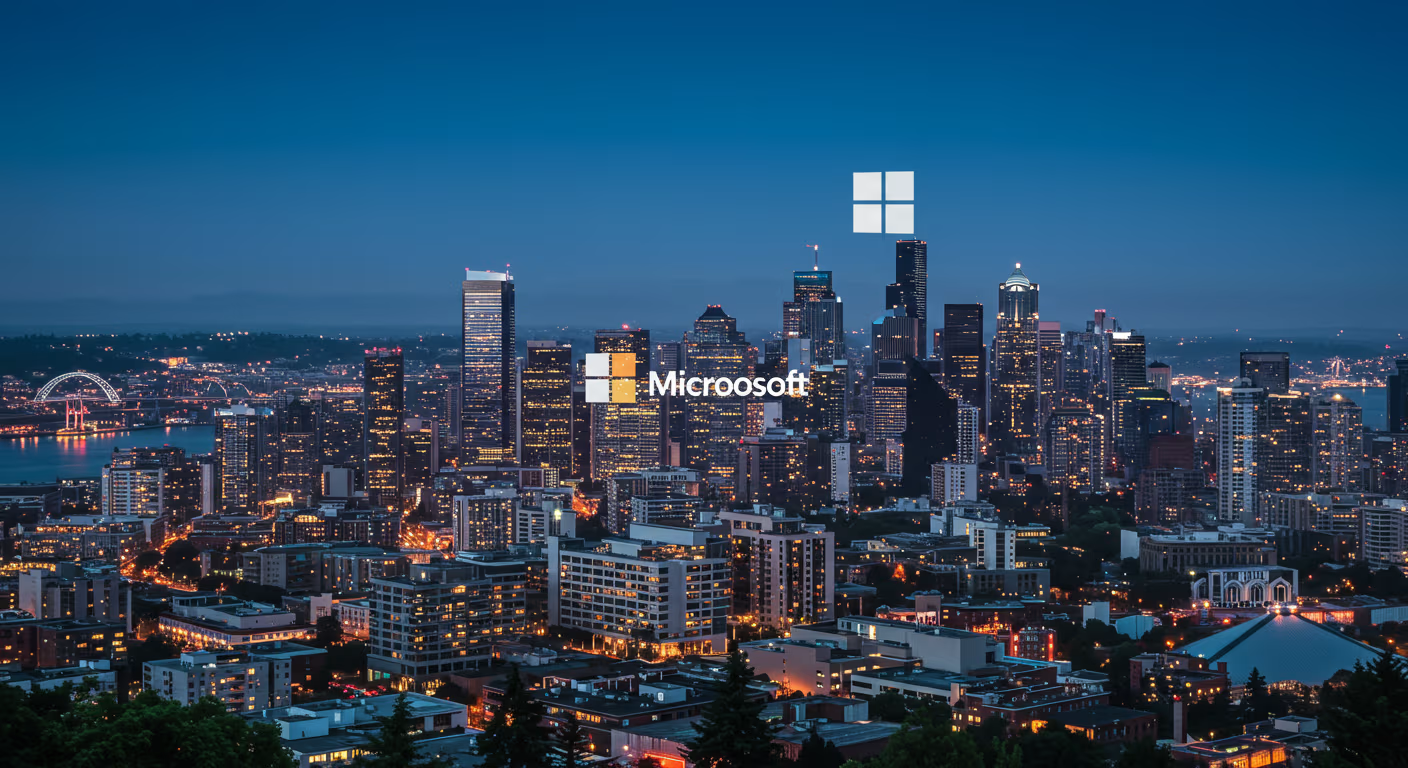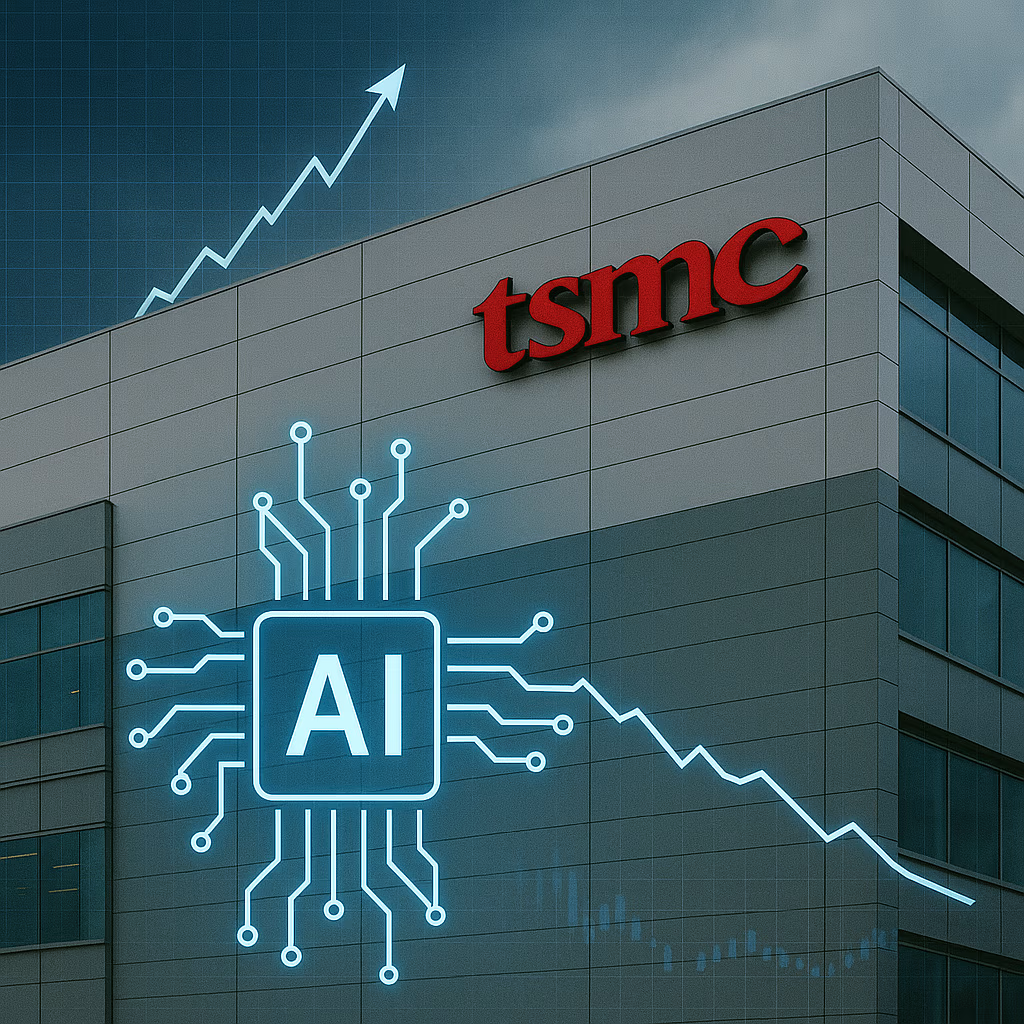OpenAI, the company behind ChatGPT and GPT-5, is preparing one of the largest secondary stock sales in tech history, allowing employees to cash out up to $6 billion worth of equity. The sale, led by SoftBank alongside Thrive Capital and Dragoneer Investment Group, is expected to value the artificial intelligence leader at around $500 billion. This marks a stunning rise from its previous $300 billion valuation and underscores the massive investor appetite surrounding artificial intelligence.
The deal provides liquidity to current and former employees, rewarding years of work while helping OpenAI retain its top talent amid fierce competition from rivals like Meta and Google. For many staffers, the chance to sell part of their equity comes as a rare opportunity to realize wealth without waiting for an IPO or acquisition.
A Strategic Milestone in AI
For OpenAI, the move is more than just a financial transaction—it is a strategic milestone. The sale highlights the company’s maturity as a private firm that can attract billions from global investors without tapping public markets. It also provides a fresh benchmark for its valuation, positioning OpenAI among the world’s most valuable private companies, ahead of many established tech giants.
SoftBank’s participation signals strong confidence in OpenAI’s long-term role in the AI revolution. Thrive Capital and Dragoneer, long-time backers, see the transaction as both a retention tool and a bet on the next decade of exponential AI growth.
Explosive Growth Behind the Deal
OpenAI’s surging valuation is rooted in explosive adoption of its products and rapid revenue expansion. ChatGPT has grown to nearly 700 million weekly active users, a staggering leap from just 400 million earlier this year. The company’s revenue run rate more than doubled in the first half of 2025, moving from around $6 billion annually to close to $12 billion, and is projected to hit $20 billion by year-end.
The successful launch of GPT-5 further boosted optimism, adding new capabilities that solidify OpenAI’s position as the leader in generative AI. With businesses and consumers integrating AI into everyday operations, demand for OpenAI’s tools is skyrocketing, making it a magnet for investor capital.
Why the Secondary Sale Matters
This employee-led sale is significant because it allows staff to benefit directly from OpenAI’s success while avoiding the complexities of an initial public offering. By keeping the company private, OpenAI maintains flexibility and avoids the heavy scrutiny of quarterly earnings cycles and public shareholder demands.
For employees, the deal is a powerful retention mechanism. In a competitive hiring landscape, where rival firms are offering eye-popping compensation packages, the chance to cash in on shares makes OpenAI a more attractive place to stay and build. It also reinforces a culture of rewarding those who contributed to the company’s meteoric rise.
Risks and Challenges Ahead
Despite the excitement, the deal comes with potential challenges. Supporting a $500 billion valuation raises the bar for future performance, placing pressure on OpenAI to maintain extraordinary growth rates. Not all employees may have access to liquidity through this round, creating possible imbalances internally. Additionally, secondary sales can delay or complicate future fundraising or IPO timing, since investors may question when and how the company will eventually transition into public markets.
The broader AI industry also faces scrutiny around sustainability, regulation, and competition. Governments are increasingly focused on AI safety, privacy, and ethical use, which could impact growth trajectories. Competitors are also racing ahead with massive infrastructure investments, meaning OpenAI must continuously innovate to hold its lead.
For now, the sale marks a turning point. Employees will see real financial rewards for their contributions, while OpenAI strengthens ties with deep-pocketed global investors. The infusion of capital confidence helps the company continue scaling its models, expand infrastructure, and push deeper into enterprise adoption.
SoftBank’s backing, combined with continued support from Thrive Capital and Dragoneer, provides OpenAI not only with financial muscle but also with strategic alliances that may prove crucial as the AI race intensifies. If the deal closes as planned, OpenAI will cement itself as the crown jewel of the AI revolution, a private company commanding valuations typically reserved for the most dominant players in global markets.
OpenAI’s story is emblematic of the new era of technology—where companies can achieve near-trillion-dollar valuations without going public, powered by investor conviction in transformative innovation. The $6 billion staff share sale is both a reward for those who built it and a signal to the world that OpenAI’s influence is only beginning to scale.





